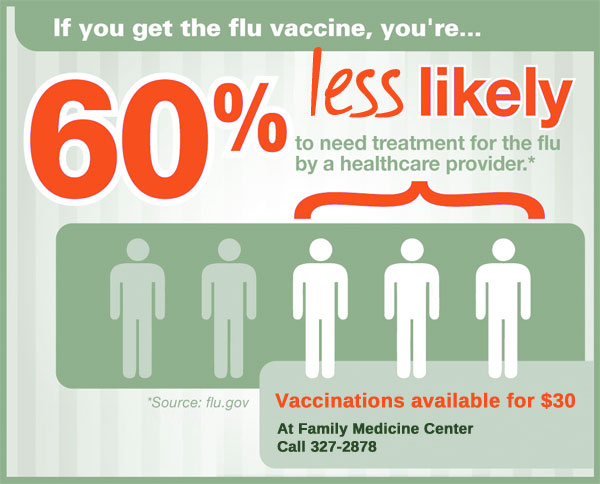
Common cold
The common cold usually causes a runny nose, nasal congestion, and sneezing. You may also have a sore throat, cough, headache, or other symptoms.
Causes
It is called the “common cold” for good reason. You and your children will probably have more colds than any other type of illness.
Colds are the most common reason that children miss school and parents miss work. Parents often get colds from their children.
Colds can occur at any time of the year, but they are most common in the winter or rainy seasons.
You can catch a cold if:
- A person with a cold sneezes, coughs, or blows their nose near you
- You touch your nose, eyes, or mouth after you have touched something contaminated by the virus, such as a toy or doorknob.
People are most contagious for the first 2 to 3 days of a cold. A cold is usually not contagious after the first week.
Possible Complications
Colds are the most common trigger of wheezing in children with asthma.
A cold may also lead to:
- Bronchitis
- Ear infection
- Pneumonia
- Sinusitis
When to Contact a Medical Professional
- You have problems breathing.
- Your symptoms get worse or do not improve after 7 to 10 days.
Things You Can Do To Avoid Getting The Flu
- Get the flu vaccine; it’s not too late to be vaccinated.
- Wash your hands frequently or used alcohol-based hand sanitizing gels. Avoid touching your eyes, nose and mouth.
- Clean and disinfect frequently touched surfaces.
- Avoid close contact with persons who are ill with the flu.
- Remember to cough or sneeze into your sleeve or a tissue, and wash your hands immediately afterward. Throw used tissues in the trash immediately.
- Take good care of your immune system by getting plenty of sleep, eating a nutritious diet, drink plenty of fluids and avoiding high levels of stress.

















 Yes, all adult women are encouraged to do
Yes, all adult women are encouraged to do